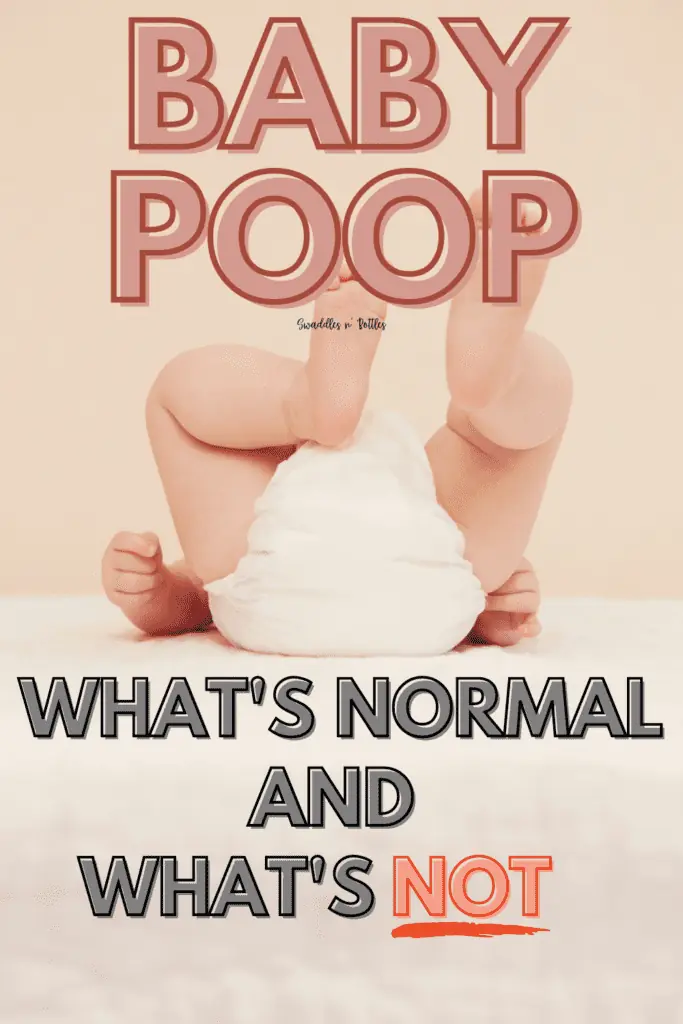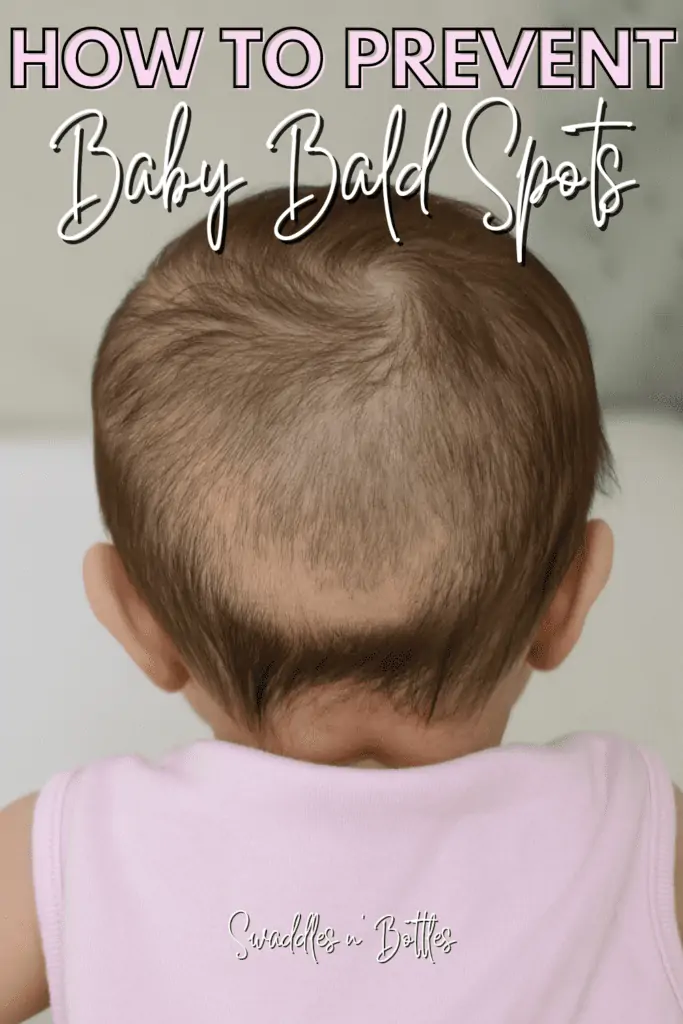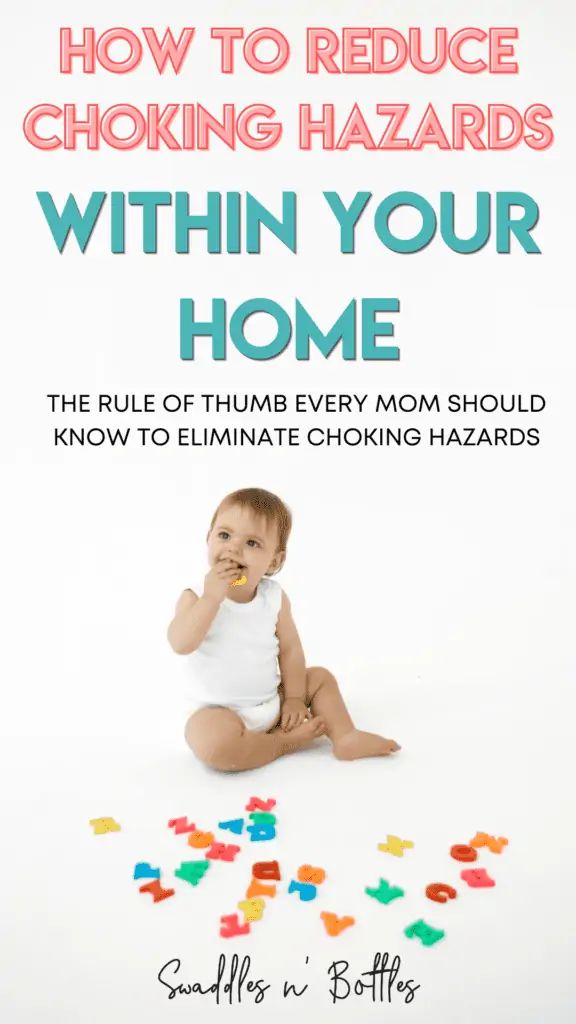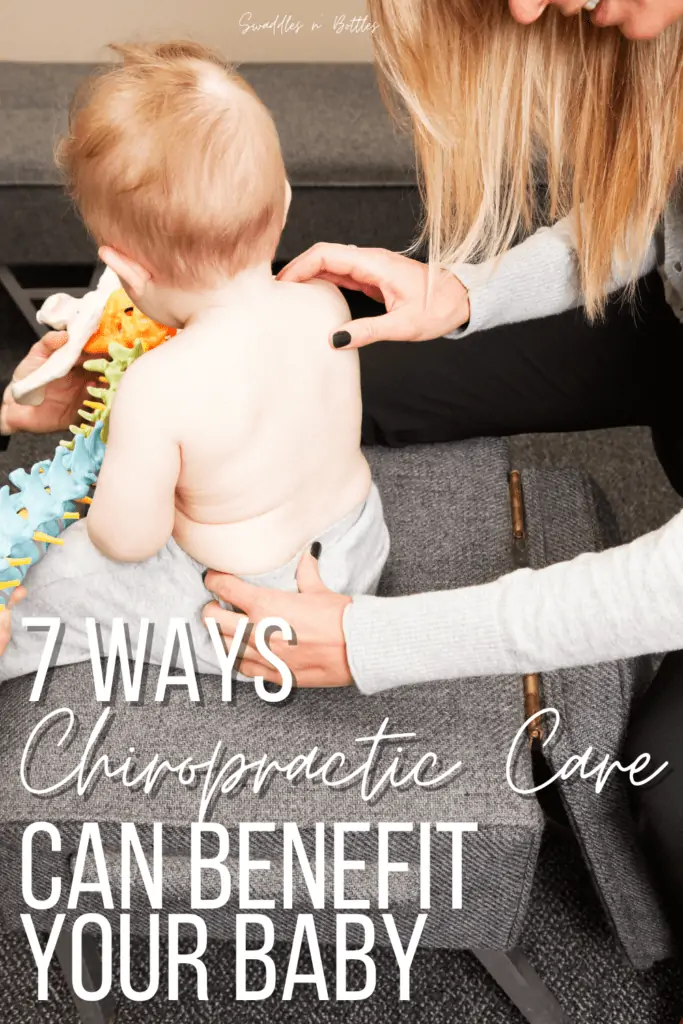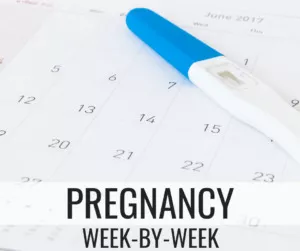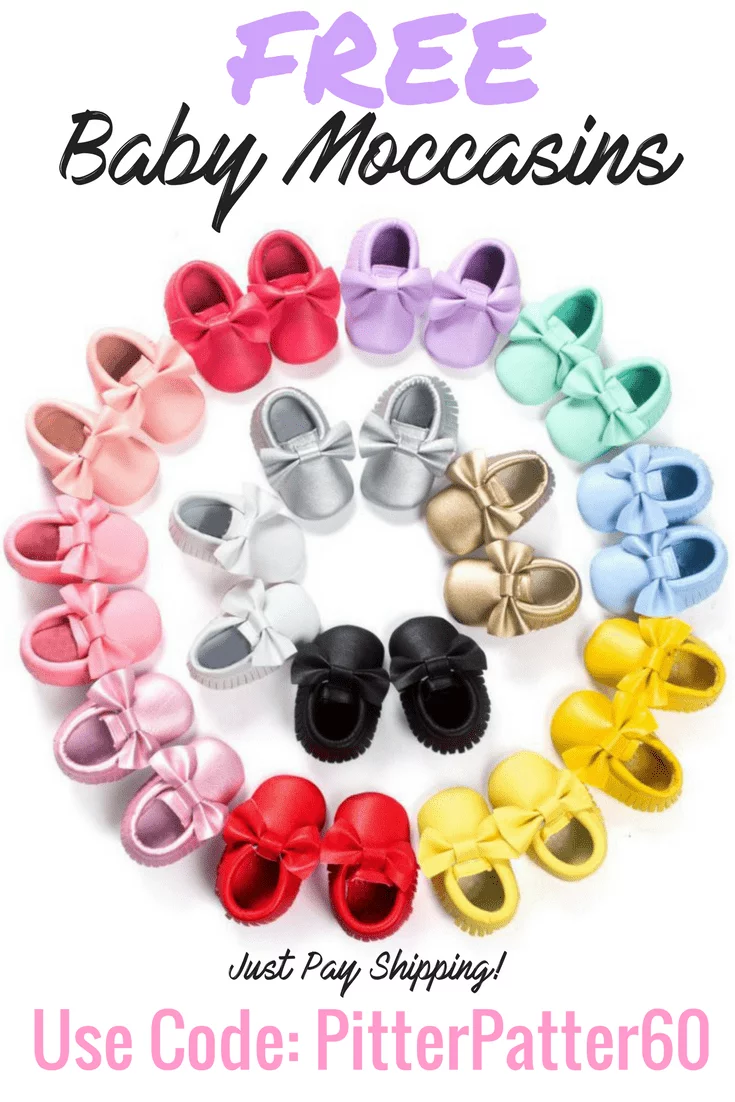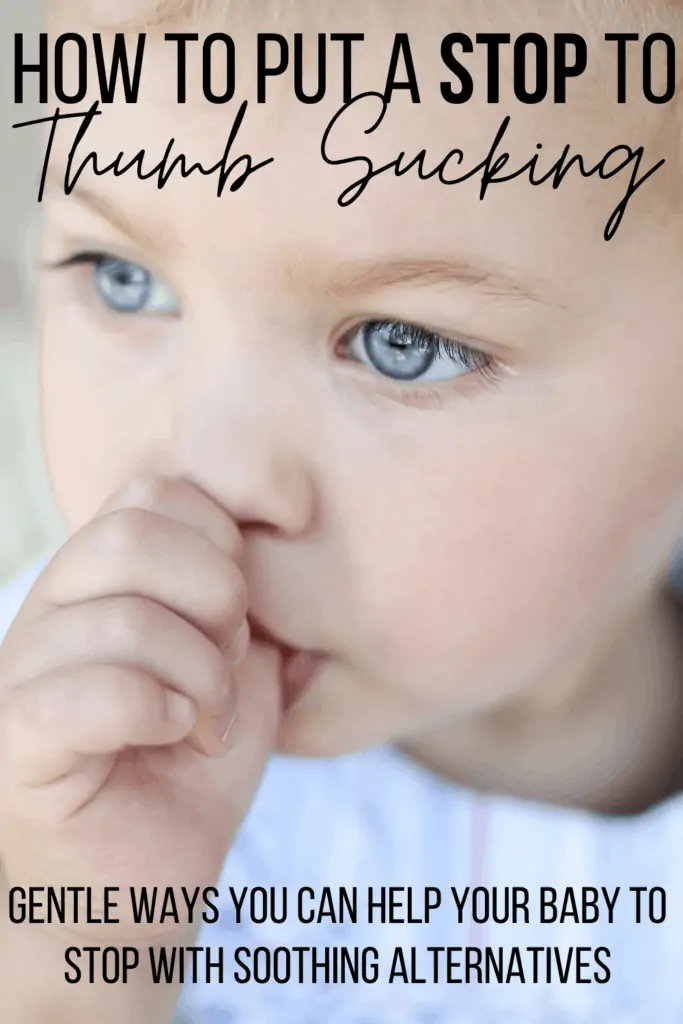
How to Put A Stop to Thumb Sucking
Since the day your precious baby came out of the womb, you probably saw them sucking away on their little fingers. (You might actually be surprised to find out that some babies also do this while in the womb!)
Sucking comes natural to babies and many of them use it as a “self-soothe” method when they are distressed or uncomfortable because it helps them to feel secure.
As a new parent, you might wonder at what point it becomes an issue and what you can do to help.
Thumbsucking doesn’t typically affect your child until their permanent set of teeth come in, which usually starts around age six. That doesn’t mean you should wait until then to address it though–if your child is still sucking his or her thumb past age four, then that would be a good time to consult with a pediatric dentist and share your concerns.
Most babies will kick their thumb sucking habit around 6 or 7 months of age–while others between 2 and 4 years old.
Side Effects
If your child continues sucking their thumb once his or her permanent teeth have come in, then it can impact the growth of your child’s mouth and proper alignment of their teeth. A few side effects of this can include:
- An openbite
This occurs when the top and bottom front teeth are directed outward. In this case the front teeth don’t touch, even if your child’s mouth is completely closed.
- An overbite
An overbite means that a child’s top teeth cover the bottom teeth when the child’s mouth is closed, instead of the other way around.
- Skin problems
Children can develop issues on the skin from sucking such as callousness on the thumb. The thumbnail can also become ingrown or experience peeling from the excessive pressure and moisture of the mouth.
- Speech Impediment
Thumb sucking past the appropriate age can cause changes to the shape of your child’s jaw, which can lead to his or her speech pattern being affected. This is due to the misalignment of the teeth. Children can develop a lisp or experience difficulty pronouncing hard consonants
If you are reading these side effects and starting to worry for your little one, there are some measures you can take to help them. Here are some of our tips to encourage your child to stop thumbsucking:
- Get to the root of it.
Find out if there is a root problem behind your child’s thumbsucking. Is there any stress, worry, or anxiety triggering them to feel anxious? Take time to talk to your child and also observe if you notice any patterns when they start sucking on their thumb.
- Reward your child.
Giving your little one an incentive can give him or her reason enough to kick their thumbsucking habit.
- Let the dentist step in.
A talk with your dentist might be just what they need. Getting backup from another authority can help your child take the consequences of their habit more seriously.
- Remind your child of the consequences.
Depending on your child’s age, you can use simple terms to explain that continuing in their habit will cause consequences down the line. Continuing to give your child gentle reminders when you see them doing it can also help reinforce that it is something to be frowned on.
Also, don’t forget to be patient with your little one! After all, even adults can find changing habits to be a challenge at times. Being patient as you teach and discipline your child will help them to feel respected and build a trusting relationship with you as they are growing older.
Sources:
https://www.mayoclinic.org/healthy-lifestyle/childrens-health/in-depth/thumb-sucking/art-20047038
https://www.aap.org/en-us/about-the-aap/aap-press-room/aap-press-room-media-center
/Pages/Thumbsucking.aspxhttps://www.mouthhealthy.org/en/az-topics/t/thumbsucking
https://www.childrensdent.com/fun-stuff/our-blog/why-is-thumb-sucking-harmful
Meet The Author:

Hi I’m Jolie! I am a wife and stay at home “momprenuer.” I love writing about topics that encourage other women and add value to their lives. You can find me over at TheVirtualMama.com where I teach moms how to work from home, and my Christ-centered blog JolieJHarris.com!

